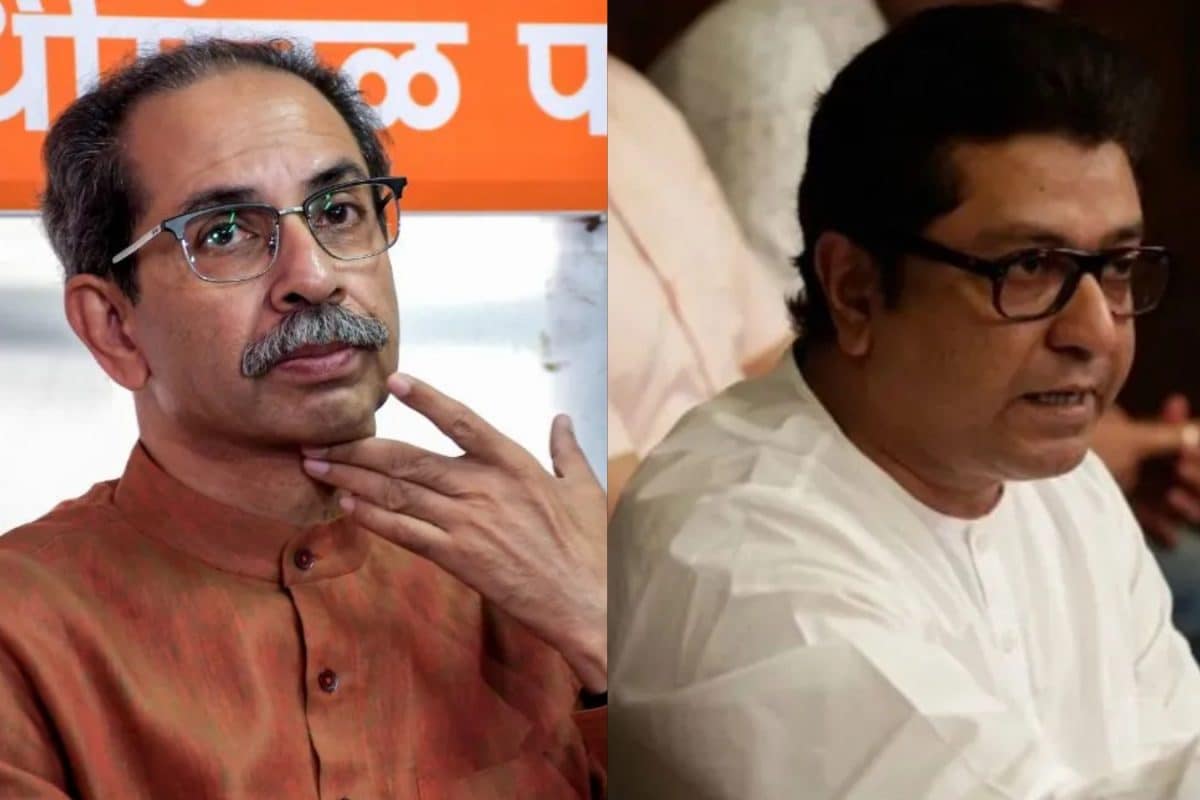

Maharashtra's political landscape is witnessing a potential realignment as speculation intensifies around a possible alliance between estranged cousins Uddhav Thackeray, chief of Shiv Sena (UBT), and Raj Thackeray, leader of Maharashtra Navnirman Sena (MNS). Posters urging the two to unite have surfaced, fueling the buzz and prompting discussions among political analysts and party workers alike.
Several factors contribute to this renewed interest in a Thackeray reunion. Both Shiv Sena (UBT) and MNS have faced challenges in recent elections, struggling to maintain their relevance and cohesion. The upcoming Brihanmumbai Municipal Corporation (BMC) elections, expected after the monsoon season, add another layer of urgency, as both parties recognize the potential benefits of a united front, especially since the Supreme Court has directed the state government to hold elections within four months.
Uddhav Thackeray has expressed his willingness to join forces with Raj, signaling a potential end to their nearly two-decade-long political estrangement. Speaking at a Bharatiya Kamgar Sena meeting in April 2025, Uddhav stated his readiness to "put aside petty disputes" and unite for the interest of Maharashtra. He emphasized the need to prioritize the state's interests and safeguard its cultural and linguistic identity, particularly in light of the Maharashtra government's decision to make Hindi a compulsory subject in schools, a move opposed by both Thackeray cousins.
Raj Thackeray has echoed similar sentiments, hinting at a possible reconciliation amid growing concerns over Marathi identity. He has stated that "coming together is not difficult" and acknowledged that the differences between the cousins are "proving costly for the existence of Maharashtra and Marathi people." However, Raj has also indicated that any alliance would depend on Shiv Sena (UBT) presenting a substantial proposal, highlighting past instances of "betrayal" that have strained their relationship.
Several leaders from both parties have also expressed optimism about a potential alliance. Sanjay Raut, a senior Shiv Sena (UBT) leader, has suggested that phone calls between the cousins are already taking place. Amit Thackeray, Raj's son, has stated that "only direct dialogue between brothers can pave the way" for any future alliance, emphasizing the need for personal communication rather than public posturing.
While the prospect of a Thackeray reunion has generated excitement, challenges remain. The two parties have distinct ideologies and differing political strategies. Shiv Sena (UBT) is part of the Maha Vikas Aghadi (MVA) alliance with Congress and NCP (Sharad Pawar faction), while MNS has, at times, aligned with the BJP. Navigating these existing alliances and reconciling differing viewpoints will be crucial for any potential collaboration.
Eknath Shinde's Shiv Sena faction is also reportedly considering a strategic move: inviting Raj Thackeray to merge MNS with their party and offering him leadership. This could potentially marginalize Uddhav Thackeray and consolidate the "saffron vote," but it would also mean abandoning any potential alliance between Raj and Uddhav.
Despite these complexities, the potential for a major political shift in Maharashtra is undeniable. A united Shiv Sena (UBT) and MNS could revitalize regional politics, consolidate Marathi votes, and pose a significant challenge to the BJP-led government. The coming weeks and months will be crucial in determining whether the Thackeray cousins can overcome their past differences and forge a new path forward for Maharashtra.